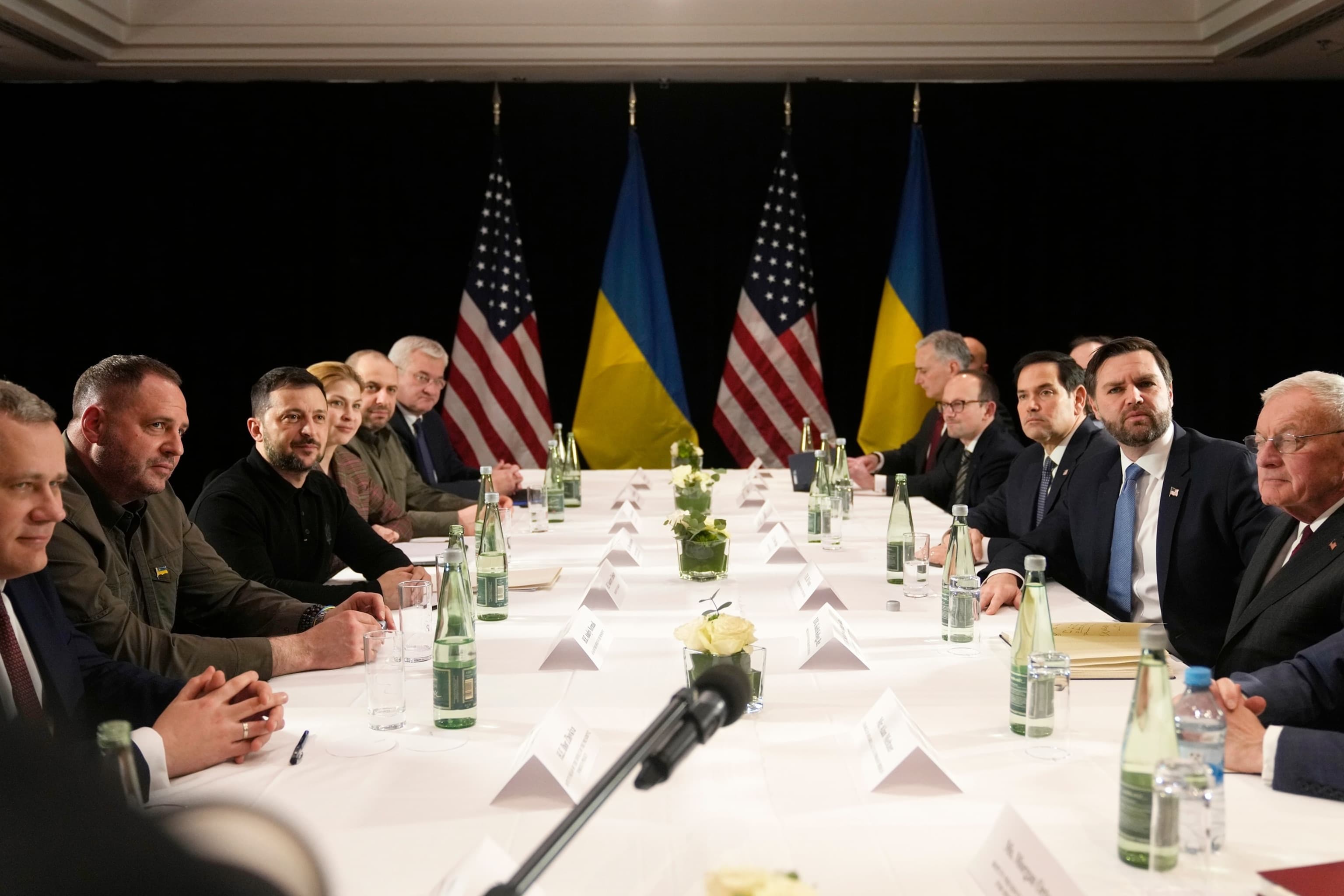Vance: Post-Conflict Economic Engagement with Russia Offers 'Best Guarantee of Long-Term Peace'

U.S. Vice President J.D. Vance has articulated a vision for post-conflict relations with Russia that includes robust economic engagement, asserting that such ties could serve as the "best guarantee of a long-term peace" following the war in Ukraine. This perspective, shared in recent interviews, suggests that the Trump administration sees limited reason for Russia's economic isolation beyond the duration of the current conflict. Vance highlighted Russia's significant oil, gas, and mineral wealth as a basis for potentially productive future economic relationships.
The Vice President's statements have drawn sharp criticism, notably from individuals directly impacted by the conflict. Kate from Kharkiv, a Ukrainian citizen, voiced strong opposition on social media, stating, > "Vance is claiming that buying gas and oil from russia will somehow guarantee 'durable peace' as if he’s spent the last two decades under a rock. Every single time rewarding russian aggression with new contracts fueled more aggression. Every.Single.Time." Her tweet underscores a deep-seated concern that economic normalization with Russia historically emboldens further aggression.
Despite the administration's stated openness to future economic ties, the Trump White House has also employed economic leverage to pressure Moscow. Vice President Vance himself noted the use of "aggressive economic leverage," including the imposition of secondary tariffs on countries like India, aimed at reducing Russia's oil revenues. These measures, Vance explained, are intended to make it more challenging for Russia to finance its war efforts and to compel it towards peace negotiations.
The dual approach highlights a complex foreign policy strategy that seeks both to pressure Russia during the conflict and to lay the groundwork for a stable, economically integrated future. Vance has also expressed optimism regarding peace prospects, suggesting that Russia has made "significant concessions" in ongoing diplomatic efforts. The debate over the efficacy of economic engagement versus isolation as a path to lasting peace remains a central point of contention in international relations concerning the Ukraine conflict.